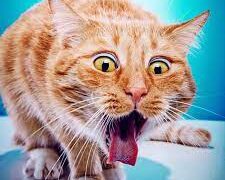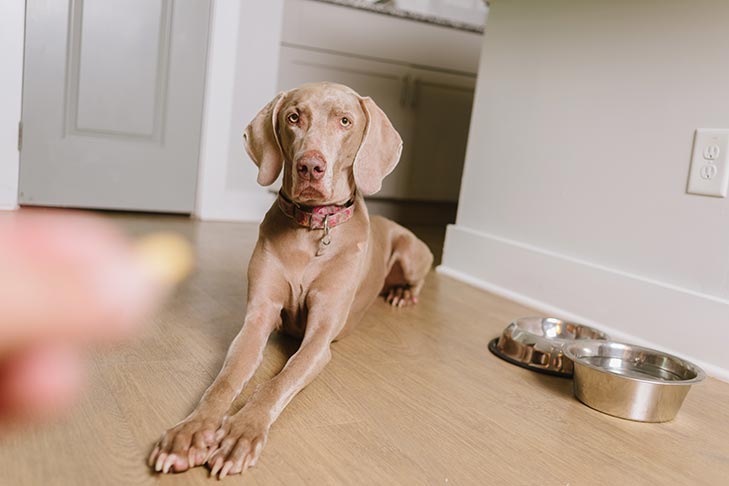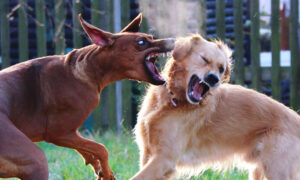Care For Your Domesticated Birds

Care For Your Domesticated Birds
Domesticated birds are among the most popular pets in the world. They are friendly, intelligent, and can live for several years with proper care. Read on to learn more about domestication and care. A domesticated bird’s lifespan is approximately 10 years. Here are some tips for proper housing and diet. Learn how to maintain a clean cage for your bird. Listed below are some of the most common care issues with domesticated birds. You can contact a local pet store for more information.

Care For Your Domesticated Birds
Lifespan
There are many types of birds with varying lifespans. Parrots, finches, budgies, canaries, and canaries all have relatively long lifespans. The average lifespan for a parrot is 15 years. Parrots can be raised to live for up to 20 years. Some types of birds can live up to 25 years, though this is not always the case. These are the most common types of domesticated birds, but there are many other types, as well.
Budgerigars, or parakeets, are small-to-medium-sized birds with long tail feathers. Their lifespan is greatly dependent on their overall health, diet, and lifestyle. Some budgies live five to 12 years in captivity. Other species, such as the monk and ring-necked parakeet, can live up to 20 or even 30 years. While the lifespan for each breed varies greatly, it is generally safe to assume that a budgie will live five to 12 years in captivity.
Parrots have the most extended lifespans of any pet bird. Parrots, for example, often live with their owners for their entire lives. In captivity, these pets are protected from predators, so their lifespan is typically longer than their wild counterparts. However, parrots can still contract diseases and die from various health conditions. Therefore, it is vital to know how long pet birds can live. The average lifespan of domesticated birds depends on the species and lifestyle.
Some types of birds require regular enrichment and interaction with people. Even if their habitats are free of predators, birds need daily interaction. Similarly, caged birds need daily time out of their cages. Moreover, they can become easily stressed and engage in behaviors that compensate for the stress. Eventually, they will have trouble recovering due to the stress of their environment. If you do not provide proper care for your bird, it could become prey for other animals and cause death.
Diet
The diet of domesticated birds is very similar to our own, though some differences exist. Different types of birds require different diets for their particular needs. For example, Amazons need a high protein diet during breeding season. A variety of fresh vegetables and fruits is an excellent way to meet your bird’s nutritional needs. But be careful: not all produce is safe for birds. Some vegetables and fruits are highly toxic to birds. Make sure that you cut all vegetables and fruits into the proper size before serving them to your pet bird.
A quality diet is critical for the long-term health of your pet. An improperly balanced diet can result in various health issues in your bird, including liver disease, reproductive disorders, and metabolic bone disease. In addition to these illnesses, the diet of domesticated birds should include plenty of protein, fiber, and fresh fruits and vegetables. Besides vegetables, coconut oil is also a great source of essential nutrients for avians. Many bird owners report a significant improvement in their birds’ appearance after adding coconut oil to their birds’ diets.
While some types of bread are good for your birds, some are not. During the winter months, rye bread is toxic for birds. White bread is a good choice for birds because it provides a feeling of satiety while black bread can cause gastrointestinal diseases. Other foods that are safe to feed your bird are fish and meat. Apples, nuts, and popcorn are good for their health, but you should watch the calorie content.
Care
There are some very basic steps you should take to ensure the best care for your pet bird. Unlike other pets, birds do not require a lot of care, but there are some very important factors you must consider when caring for domesticated birds. Here are some of them:
Your bird will need a good cage and house. It should be sturdy, spacious, and free of holes. Provide toys for your bird, and also make sure there are plenty of food and water bowls. You should also provide enough space to allow your bird to roam around the house once a day. In addition, it is important to provide clean, fresh water and food regularly. Your bird will not be happy if it can’t get out of the cage.
If you’re looking for a course that focuses on bird care, then consider a certificate program in bird studies. This course teaches you everything you need to know about caring for domesticated birds, including breeds, nutrition, and common ailments. It also teaches you how to properly care for large flightless birds. By earning a certificate in bird care, you’ll be well-equipped to take care of your bird and enjoy the rewards of being a responsible bird owner.
Besides trees, birds also enjoy plants and trees. Branches with leaves are especially attractive to birds, and they’ll be happy to live in a home with living plants. Live plants are great because they add a natural touch to your home. However, make sure you buy safe-for-bird plants made from non-toxic wood. If you choose to use plants in your bird’s cage, be sure to replace them regularly.
Housing clean cage
Keep your domesticated birds’ cage clean by using a disinfectant or bleach. Bleach releases toxins and should be used with care. If you cannot safely dispose of bleach, use a pet-safe disinfectant. Be sure to use gloves, and always wash your hands thoroughly after handling bird feces and food. Use a mild solution of hydrogen peroxide or baking soda. This solution is highly effective against staphylococcus.
If you have a simple green all-purpose cleaner on hand, you can mix it with two cups of water to clean your bird’s housing. Then spray it over the cage and wipe away any debris. If necessary, use a scrub brush or a scrubbing pad to scrub any remaining dirt. Rinse the cage with fresh water and repeat the process. Then, remove any loose toys or perches.
Once a day, check the cage for droppings. You should be able to see the droppings easily. You can use newspaper or other paper liners to make this task easier. If you have a smaller bird, remove the top layer. Besides, if your bird ate from the top layer of the cage, clean it regularly. It will be easy for you to spot the droppings and prevent them from clogging the cage.
Another tip for keeping domesticated birds housing clean is to use a mat. If you don’t have a floor mat, use an old rug or office swivel chair mat to protect your bird’s cage floor. A plastic mat can prevent debris from spilling onto the carpet. A clean mat will also help prevent debris from settling into the floor and carpeting. In this way, you’ll have an easier time cleaning your domesticated birds’ housing.
















